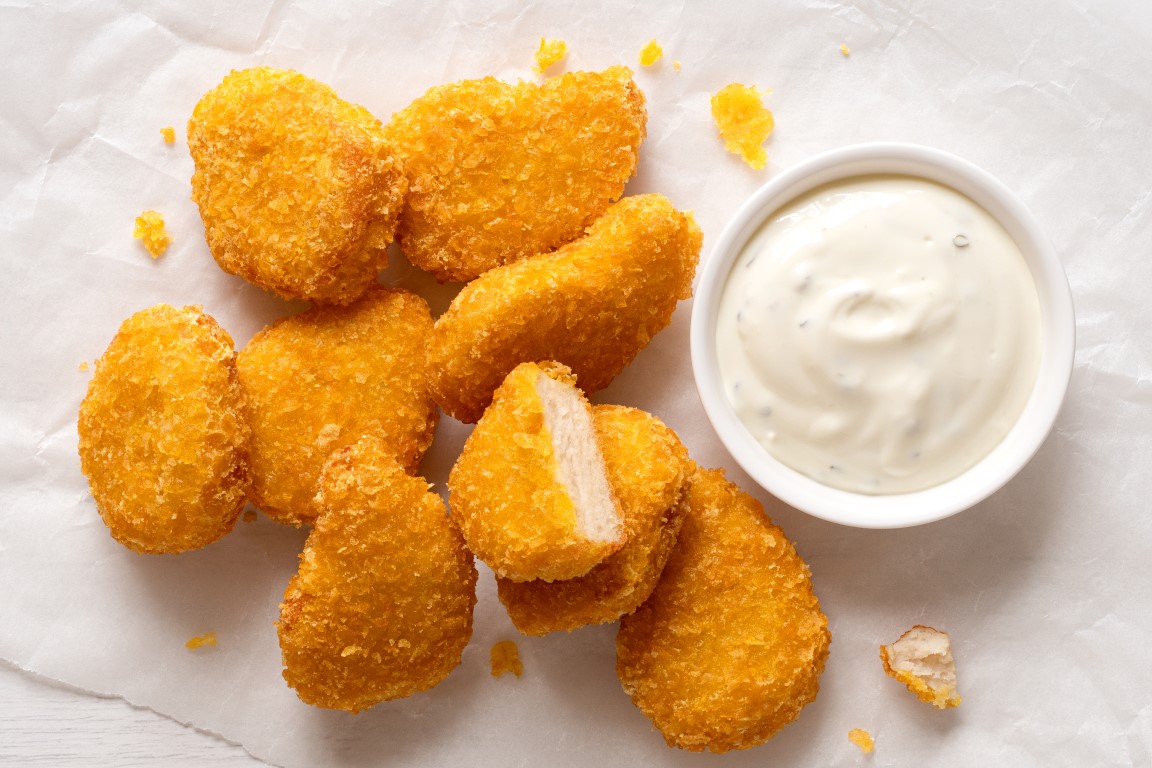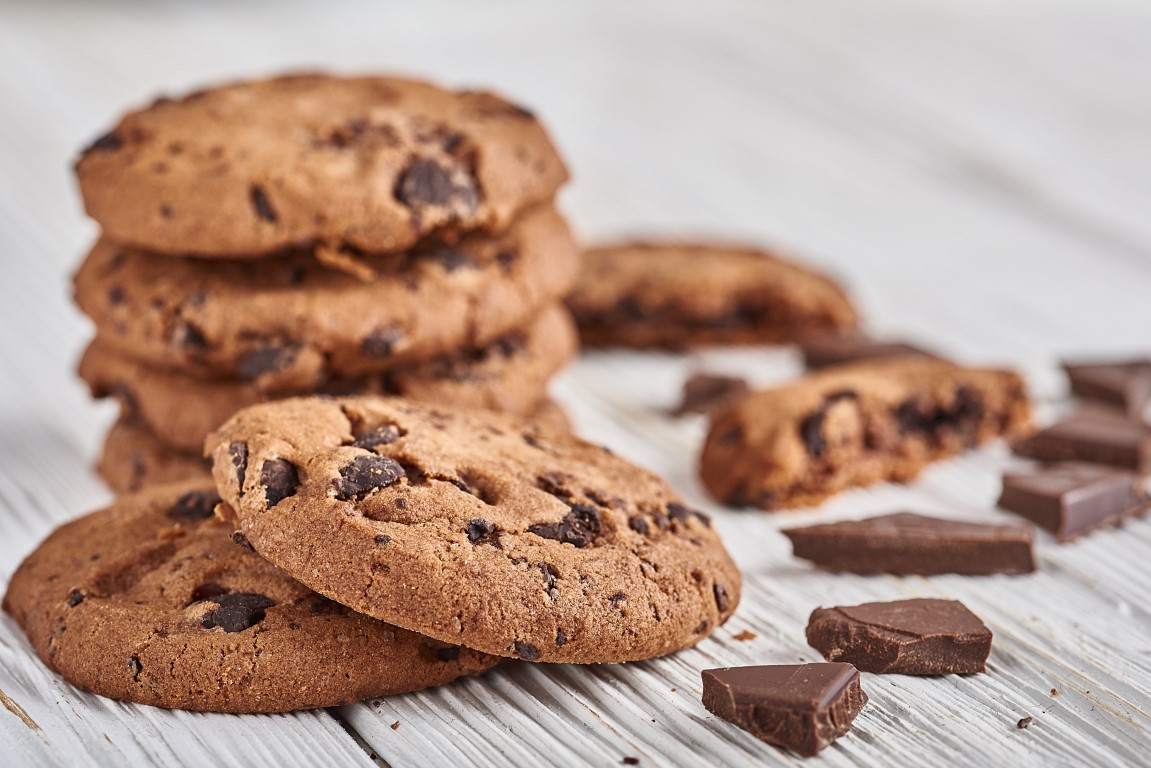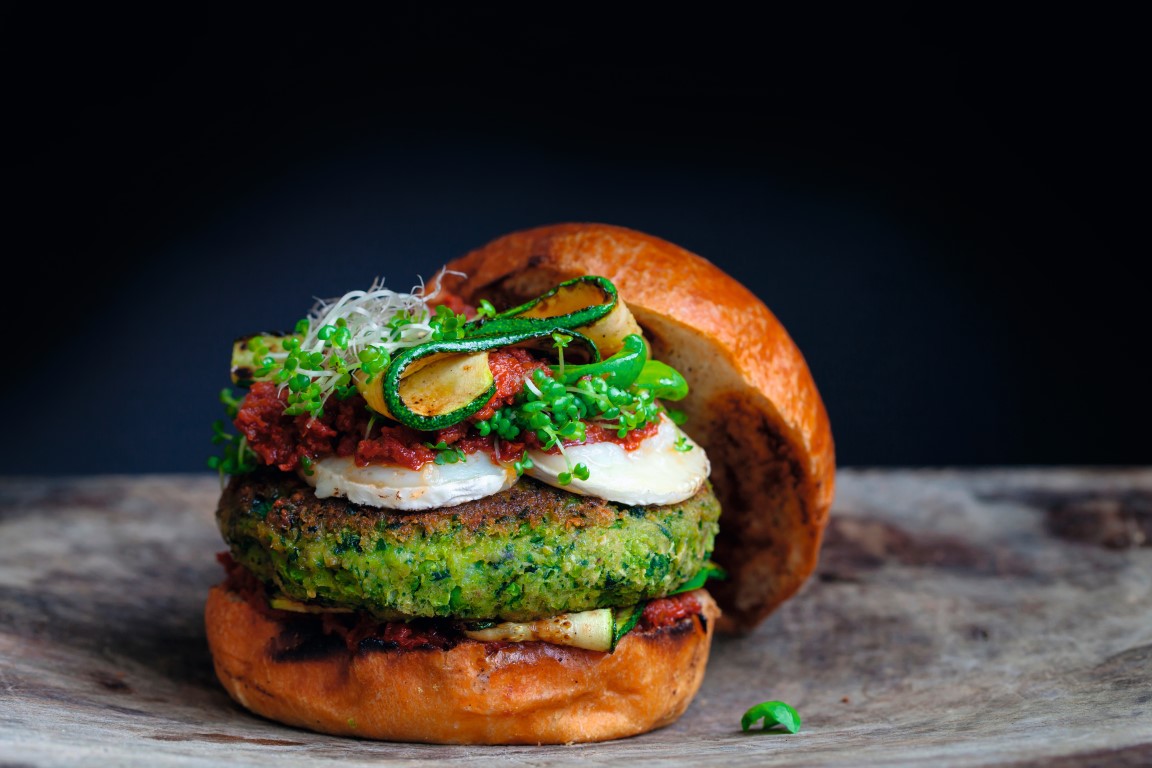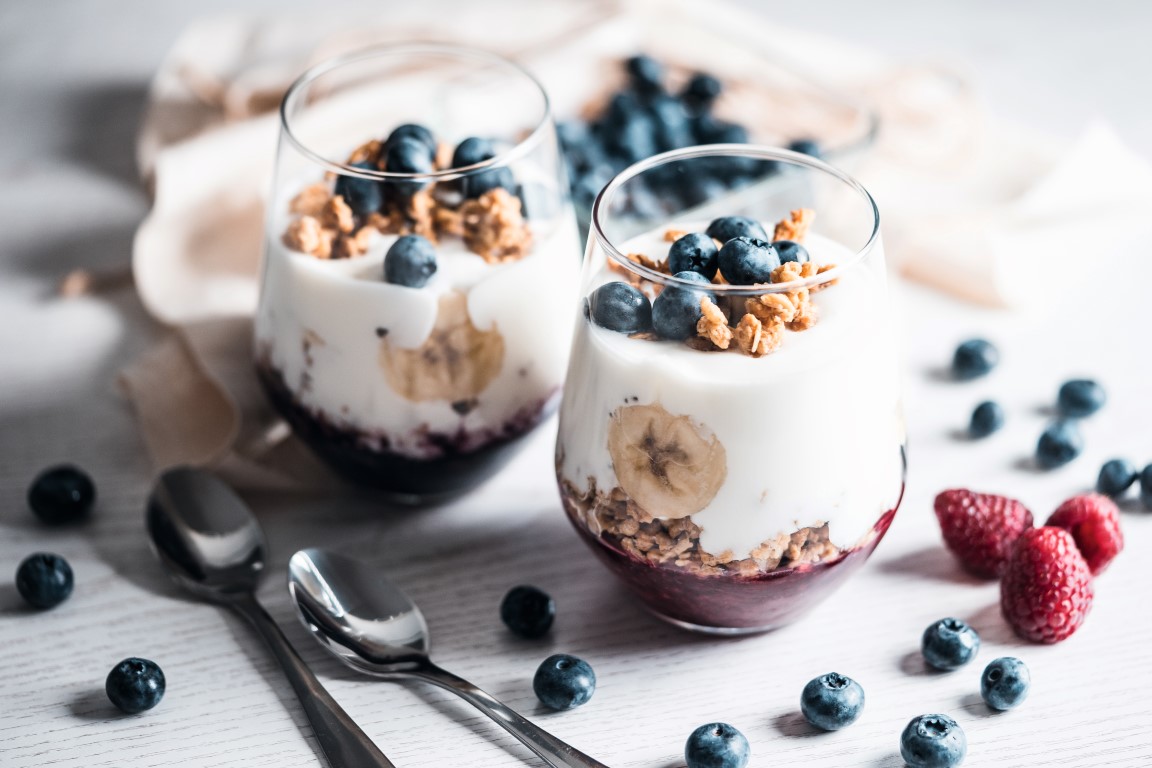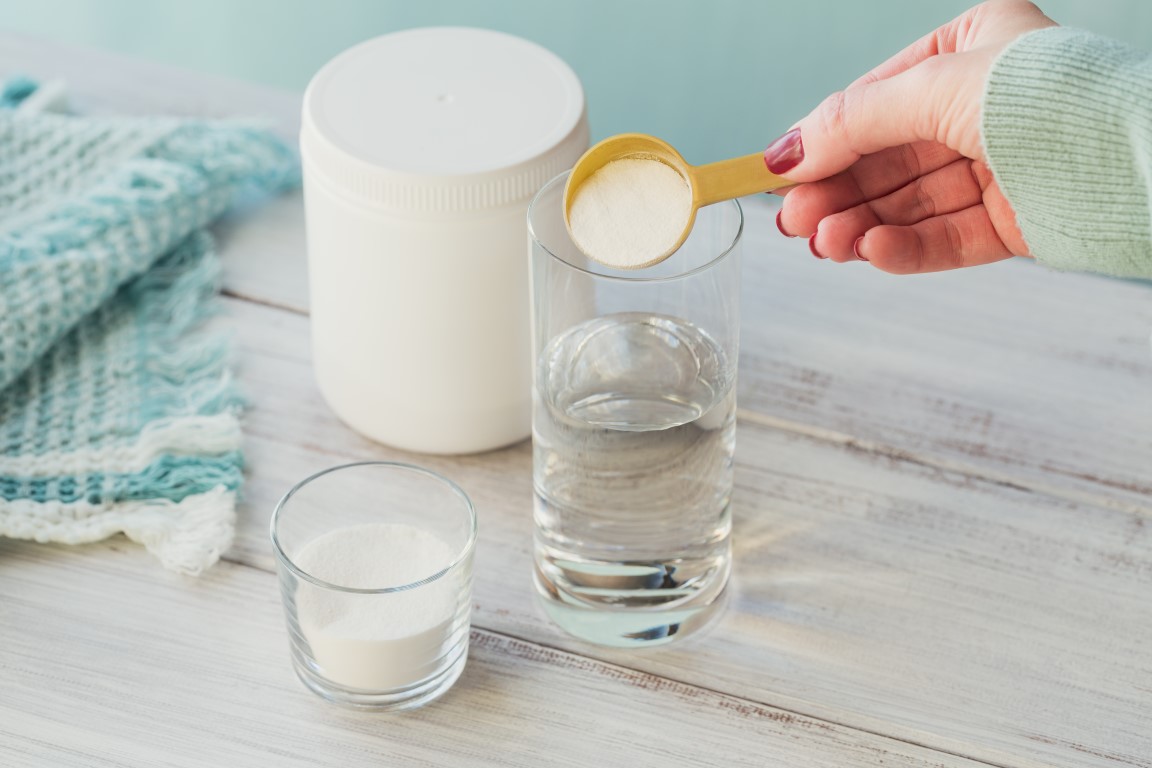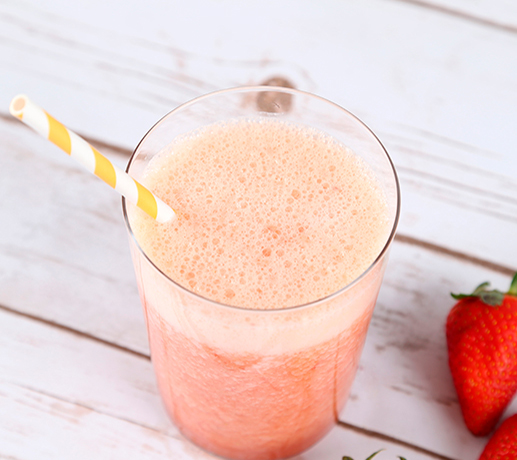Our applications
Plant-based savoury
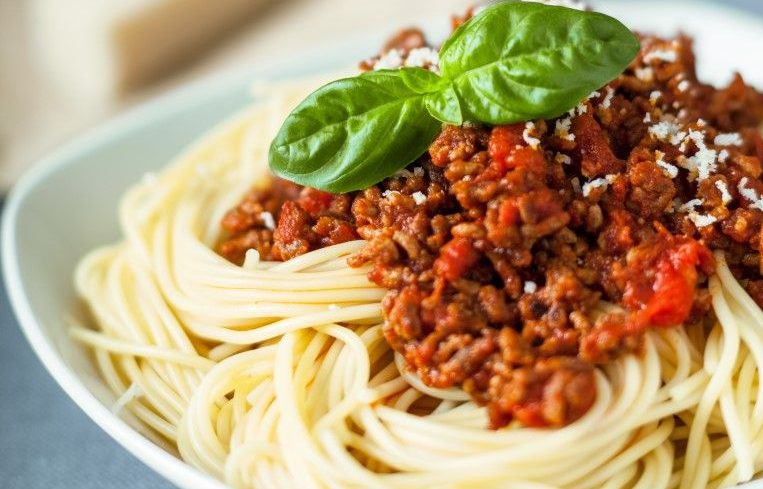
2 in 5 people on our planet cannot afford a healthy diet.
In 2020, the global average daily cost of a healthy diet in current purchasing power parity was USD 3.54.
Food product currently generates more than one third of all greenhouse gas emissions globally.
Our food systems today are unsustainable: climate change, resources scarcity, pollution and waste, environmental degradation, loss of biodiversity, malnutrition and diet-related non-communicable disease.
The food transition is our challenge, and it is about health, environment and affordability.
MORE ABOUT PLANT-BASED MEAT AND FISH MARKET
3 KEY DRIVERS
Food transition involves the decrease in consumption and the rise of food quality. The challenges for the manufacturers are the price parity, the taste and the texture. From a consumer-prospective, the key drivers to turn to plant-based diet are:
- Environment: good for the planet
- Health: make me feel healthier
- Animal welfare: good for the animal
AN INNOVATIVE MARKET
- The global plant-based market is estimated in 2022 at USD 28 billion, and USD 160 billion in 2030
- The current global plant-based meat market is about USD 6 billion.
- The invested capital in alternative proteins dropped from USD 1 billion in 2019 to USD 5 billion in 2021.
- More than 2 700 new products containing pea protein were launched from 2019 (more than 400 in 2022).
ABOUT FLEXITARIANS
- 1 in 5 consumers globally are trying to limit their meat intake.
- What are the plant-based targets? Vegan, vegetarian. And all people who want to respect their commitments but who are not ready yet to remove animal food from their diet.
Intermediate products
The biggest current challenge of the plant-based savoury market is to mimic the shape in the packaging and during the cooking, and the texture in mouth. Extruded products (wet and dry) create appealing plant-based foods while preserving the environment.
PISANE™ ES is specifically adapted to extrusion processes. Why? This pea protein has ideal fibration properties and a low sodium content. For example, using PISANE™ ES in formulation of High Moisture Meat Analog (HMMA) allows a decrease of more than 45% of salt compared to market standard. Thanks to its high-water binding properties, SWELITE™ pea fibre helps fibration by making a more regular product and is the insurance of a juicy and soft texture. As a functional ingredient with high gel properties, NASTAR™ provides cohesiveness to the HMMA.
In Texturized Vegetable Protein, PISANE™ ES is a high-quality vegetable protein with a high content in protein and the optimized fibration capacities. Whether you formulate HMMA for beef alternatives of chicken alternatives, PISANE™ ES’s taste ticks the boxes.
Discover our concepts
Plant-based meat
For a long time, it was about having meat alternatives on the shelves. Now, the objective is to offer at the same time: products that mimic meat taste and texture, affordable products, sustainable products, and a large choice on the shelves – from burger and nuggets to plant-based sausages and slices products. Such a challenge for manufacturers! That is why they need really efficient ingredients.
Our whole range of pea and chicory root ingredients is part of the solution. They play on different levels: processability, shape and product stability, rebalanced nutritional profile, sustainable recipes.
- PISANE™ pea protein: 2 proteins to answer plant-based meat challenges. Thanks to its high emulsifying capacities and high protein content, PISANE™ M9 is ideal to bind all ingredients of a products. Thanks to its high fibration properties, PISANE™ ES brings the bite to the end-products through wet or dry extruded ingredients.
- SWELITE™ pea fibre demonstrates its functional benefits in plant-based meat: water and oil binding properties and ease-of-use. At the agenda: stability of the product, juiciness and cohesiveness.
- NASTAR™ pea starch offers high gel properties in hot and cold conditions to sliced products.
- FIBRULINE™ chicory root fibre is the solution to manage fat content in formulation while ensuring a perfect mouthfeel.

Plant-based fish
Our oceans are suffering. Goal 14 from the United Nations Sustainable Development Goals is about conserving and sustainably the oceans, seas and marine resources. As flexitarians want more choices in the shelves, they are more and more turning to alternatives to fish. Even if fish and seafood alternatives currently account for less than 1% sales of overall plant-based savoury market, it is the next big thing!
COSUCRA offers manufacturers the opportunity to formulate healthy and tasty plant-based fish using PISANE™ pea protein, FIBRULINE™, chicory root fibre, SWELITE™ pea fibre and NASTAR™ pea starch. At the agenda: texture like real processed fish, improvement of the nutritional profile and optimal process. PISANE™, as such or in wet/dry extruded products, provides respectively great emulsifying properties and high fibration capacities. SWELITE™ C is the best candidate to improve processability thanks to its high-water binding capacity and its ease-of-use. FIBRULINE™ gives the best of natural fibre and guarantees a perfect plant journey.
Discover our conceptsPlant-based sauce
Vegan, vegetarians and plant-based claims show a growing share of launches. Plant-based sauces become mainstream and target a wider audience! These labels are associated to a sustainable and healthy image. COSUCRA offers PISANE™ pea protein and SWELITE™ pea fibre for plant-based sauce category. Take the example of the egg-free mayonnaise! PISANE™ M9 has the perfect high viscosity at acid pH and good emulsifying properties to guarantee a creamy and smooth egg-free mayonnaise.
In general, plant-based meat alternatives contain high-quality protein and less fat and saturated fatty acids than their animal-based counterparts and have little to no cholesterol.
Source: 2022 STU Proveg-The future of the meat industry Opportunities in alternative proteins
Discover our concepts